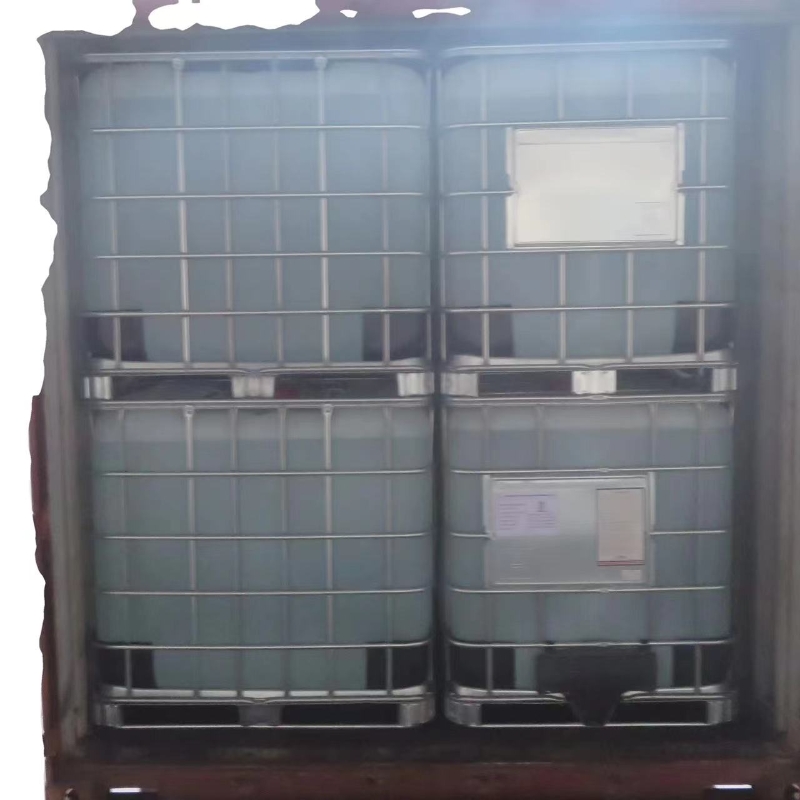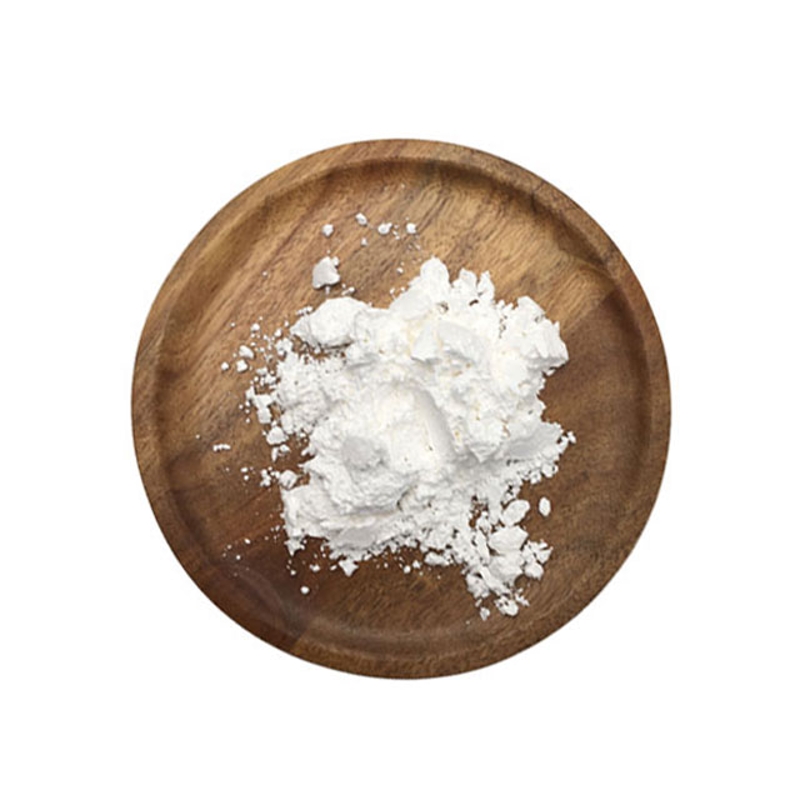-
Categories
-
Pharmaceutical Intermediates
-
Active Pharmaceutical Ingredients
-
Food Additives
- Industrial Coatings
- Agrochemicals
- Dyes and Pigments
- Surfactant
- Flavors and Fragrances
- Chemical Reagents
- Catalyst and Auxiliary
- Natural Products
- Inorganic Chemistry
-
Organic Chemistry
-
Biochemical Engineering
- Analytical Chemistry
- Cosmetic Ingredient
-
Pharmaceutical Intermediates
Promotion
ECHEMI Mall
Wholesale
Weekly Price
Exhibition
News
-
Trade Service
Lead: The drug-resistant mutation of the Plasmodium falciparum may be gaining a foothold in Africa.
The whichholidays.
co.
uk study found that in Africa, mutations are associated with delayed clearance of parasites in children with malaria treated with common artemisinin combination therapies (ACTs).
Although the efficacy of the drug is still high so far, the author calls for strengthening surveillance in the area.
The new research data provides the first clinical evidence that the drug-resistant mutation of Plasmodium falciparum may be gaining a foothold in Africa.
The study was conducted in Rwanda and published in the journal The Lancet Infectious Diseases.
It was the first time that these mutations were found to be associated with delayed parasite clearance.
This was the first time that artemisinin resistance began to appear in Southeast Asia.
The study also found that these mutations are more common than previous research reports, indicating that mutations may spread and cause people to worry about the further geographical distribution of resistance.
It is estimated that there are 229 million cases of malaria worldwide, and 409,000 people died of malaria in 2019, of which 274,000 (67%) were among children under 5 years of age.
94% of malaria cases and deaths occur in Africa, and experts have long worried about the possibility of drug resistance across the African continent.
Although the curative effect of the current therapy is still high, the author calls for more in-depth surveillance in Rwanda and neighboring countries to help monitor the spread of mutations and provide information for public health actions.
Mutations can appear spontaneously, and previous studies have pointed out isolated cases of resistance.
However, this new study shows that drug-resistant isolates are beginning to become more common and, most importantly, related to clinical effects (delayed parasite clearance).
Co-author Dr.
Naomi Lucchi, resident consultant of the Centers for Disease Control and Prevention of the US President’s Malaria Initiative, added: “Our research shows that malaria treatment in Rwanda is still 94% effective, but new research and continuous monitoring are urgently needed.
” Launched in the early 2000s Artemisinin-based combination therapies (ACTs) are currently the most effective and widely used method for the treatment of malaria caused by Plasmodium falciparum.
ACT combines the ingredients of artemisinin to eliminate most of the parasites in the patient's body within three days, as well as a long-acting partner drug to eliminate the remaining parasites.
If the parasite is still present after the third day of treatment (called delayed parasite clearance), it is suspected of resistance to the artemisinin component of ACT.
This resistance is related to parasites carrying mutations in the Kelchi 13 gene (pfk13) of Plasmodium falciparum.
At present, 10 mutations in pfk13 have been confirmed as markers of partial artemisinin resistance (including R561H, P574L and C580Y), and several other mutations (called candidate markers) have been identified as possibly related to resistance.
Related.
In 2008, Cambodia first discovered some artemisinin resistance.
Now, the C580Y mutation is widely known in many Southeast Asian countries.
Evidence from the Mekong region shows that once artemisinin resistance becomes widespread, resistance to partner drugs often ensues, leading to failure of ACT treatment.
In 2006, Rwanda introduced methyl ether-luciferin (an ACT and the most widely used antimalarial drug) as a first-line treatment for malaria.
The World Health Organization recommends that efficacy studies be conducted at least once every two years to monitor the efficacy of ACTs and track drug resistance through molecular markers.
When the efficacy of ACT is confirmed to be less than 90%, it is recommended to use effective antimalarial drugs instead.
A study of this type was conducted in Rwanda, Rwanda, and Masaka between 1-14 years of age in 2013-2015.
The R561H mutation was observed in P.
4% of P.
falciparum parasites collected in Masaka, and the low prevalence of the P574L mutation was reported in isolates collected in Masaka and Ruhuha in 2013-2015 and 2015 .
However, the existence of these mutations was not found to be related to delayed parasite clearance.
In these two locations, the efficacy of ACT was confirmed to exceed 97%.
In 2018, another efficacy study was conducted and the results were published in this article.
The pfk13 R561H and P574L mutations were present in 12.
8% (28/218) and 0.
9% (2/218) of pretreated samples, respectively.
This study showed for the first time that the pfk13 R561H mutation is associated with delayed parasite clearance, although the efficacy of joint-luminescence is still high.
Genetic analysis of the pfk13 R561H mutant showed that their common ancestor and local ancestry were in Rwanda.
The study was conducted in three locations in Rwanda (Masaka, Rukala and Bugarama).
224 children between 6 months and 5 years of age were infected with Plasmodium falciparum and received a three-day joint-luminescence treatment and were monitored for 28 days.
Blood was collected every week.
8/51 (15.
7%) of Masaka and 12/82 (14.
6%) of the participants were able to detect parasites within three days of Lukla treatment according to WHO's partial drug resistance standards.
The treatment effect is estimated to be 94-97%.
Professor Philip Rosenthal of the University of California, San Francisco, wrote in an online comment: “Recent data shows that we are in the process of clinically significant artemisinin resistance in Africa.
Edge, as it appeared in Southeast Asia more than ten years ago.
"With the emergence of drug-resistant genotypes and the continued pressure of heavy drugs, we may expect that resistance will continue to be selected.
Loss of artemisinin activity in turn threatens ACT partner drugs.
The loss of efficacy of key antiretroviral drugs, especially the most widely used antimalarial drug, ether-luciferin, may have terrible consequences, such as when chloroquine resistance caused a significant increase in malaria deaths at the end of the 20th century.
Happening.
Although it is impossible to predict the rate of progress of resistance in Africa, close monitoring of the genetic and phenotypic evidence of resistance to artemisinin and partners, and rapid replacement of failed treatment options, may save many lives.
Reference:
The whichholidays.
co.
uk study found that in Africa, mutations are associated with delayed clearance of parasites in children with malaria treated with common artemisinin combination therapies (ACTs).
Although the efficacy of the drug is still high so far, the author calls for strengthening surveillance in the area.
The new research data provides the first clinical evidence that the drug-resistant mutation of Plasmodium falciparum may be gaining a foothold in Africa.
The study was conducted in Rwanda and published in the journal The Lancet Infectious Diseases.
It was the first time that these mutations were found to be associated with delayed parasite clearance.
This was the first time that artemisinin resistance began to appear in Southeast Asia.
The study also found that these mutations are more common than previous research reports, indicating that mutations may spread and cause people to worry about the further geographical distribution of resistance.
It is estimated that there are 229 million cases of malaria worldwide, and 409,000 people died of malaria in 2019, of which 274,000 (67%) were among children under 5 years of age.
94% of malaria cases and deaths occur in Africa, and experts have long worried about the possibility of drug resistance across the African continent.
Although the curative effect of the current therapy is still high, the author calls for more in-depth surveillance in Rwanda and neighboring countries to help monitor the spread of mutations and provide information for public health actions.
Mutations can appear spontaneously, and previous studies have pointed out isolated cases of resistance.
However, this new study shows that drug-resistant isolates are beginning to become more common and, most importantly, related to clinical effects (delayed parasite clearance).
Co-author Dr.
Naomi Lucchi, resident consultant of the Centers for Disease Control and Prevention of the US President’s Malaria Initiative, added: “Our research shows that malaria treatment in Rwanda is still 94% effective, but new research and continuous monitoring are urgently needed.
” Launched in the early 2000s Artemisinin-based combination therapies (ACTs) are currently the most effective and widely used method for the treatment of malaria caused by Plasmodium falciparum.
ACT combines the ingredients of artemisinin to eliminate most of the parasites in the patient's body within three days, as well as a long-acting partner drug to eliminate the remaining parasites.
If the parasite is still present after the third day of treatment (called delayed parasite clearance), it is suspected of resistance to the artemisinin component of ACT.
This resistance is related to parasites carrying mutations in the Kelchi 13 gene (pfk13) of Plasmodium falciparum.
At present, 10 mutations in pfk13 have been confirmed as markers of partial artemisinin resistance (including R561H, P574L and C580Y), and several other mutations (called candidate markers) have been identified as possibly related to resistance.
Related.
In 2008, Cambodia first discovered some artemisinin resistance.
Now, the C580Y mutation is widely known in many Southeast Asian countries.
Evidence from the Mekong region shows that once artemisinin resistance becomes widespread, resistance to partner drugs often ensues, leading to failure of ACT treatment.
In 2006, Rwanda introduced methyl ether-luciferin (an ACT and the most widely used antimalarial drug) as a first-line treatment for malaria.
The World Health Organization recommends that efficacy studies be conducted at least once every two years to monitor the efficacy of ACTs and track drug resistance through molecular markers.
When the efficacy of ACT is confirmed to be less than 90%, it is recommended to use effective antimalarial drugs instead.
A study of this type was conducted in Rwanda, Rwanda, and Masaka between 1-14 years of age in 2013-2015.
The R561H mutation was observed in P.
4% of P.
falciparum parasites collected in Masaka, and the low prevalence of the P574L mutation was reported in isolates collected in Masaka and Ruhuha in 2013-2015 and 2015 .
However, the existence of these mutations was not found to be related to delayed parasite clearance.
In these two locations, the efficacy of ACT was confirmed to exceed 97%.
In 2018, another efficacy study was conducted and the results were published in this article.
The pfk13 R561H and P574L mutations were present in 12.
8% (28/218) and 0.
9% (2/218) of pretreated samples, respectively.
This study showed for the first time that the pfk13 R561H mutation is associated with delayed parasite clearance, although the efficacy of joint-luminescence is still high.
Genetic analysis of the pfk13 R561H mutant showed that their common ancestor and local ancestry were in Rwanda.
The study was conducted in three locations in Rwanda (Masaka, Rukala and Bugarama).
224 children between 6 months and 5 years of age were infected with Plasmodium falciparum and received a three-day joint-luminescence treatment and were monitored for 28 days.
Blood was collected every week.
8/51 (15.
7%) of Masaka and 12/82 (14.
6%) of the participants were able to detect parasites within three days of Lukla treatment according to WHO's partial drug resistance standards.
The treatment effect is estimated to be 94-97%.
Professor Philip Rosenthal of the University of California, San Francisco, wrote in an online comment: “Recent data shows that we are in the process of clinically significant artemisinin resistance in Africa.
Edge, as it appeared in Southeast Asia more than ten years ago.
"With the emergence of drug-resistant genotypes and the continued pressure of heavy drugs, we may expect that resistance will continue to be selected.
Loss of artemisinin activity in turn threatens ACT partner drugs.
The loss of efficacy of key antiretroviral drugs, especially the most widely used antimalarial drug, ether-luciferin, may have terrible consequences, such as when chloroquine resistance caused a significant increase in malaria deaths at the end of the 20th century.
Happening.
Although it is impossible to predict the rate of progress of resistance in Africa, close monitoring of the genetic and phenotypic evidence of resistance to artemisinin and partners, and rapid replacement of failed treatment options, may save many lives.
Reference:







